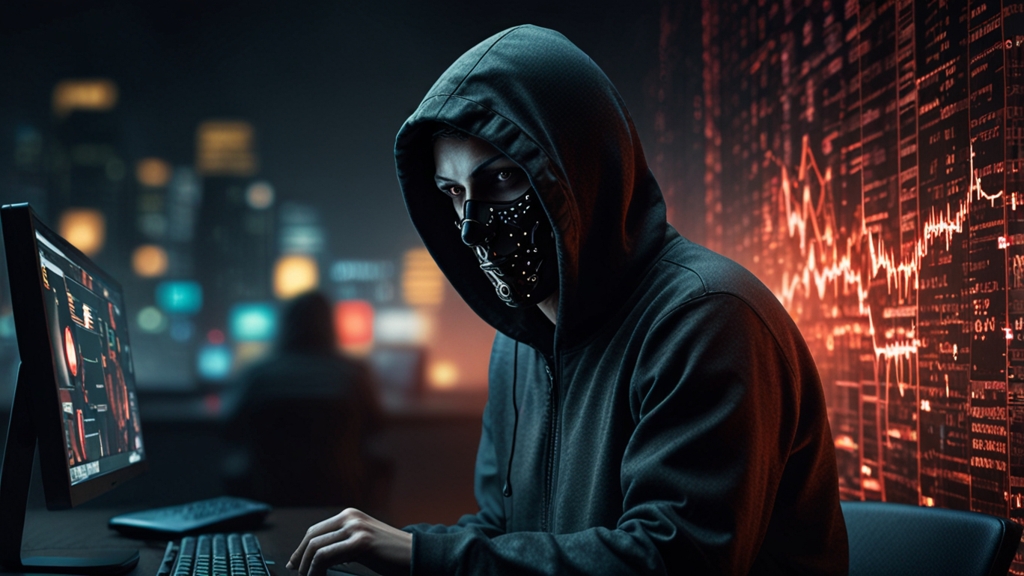Could Modern Society Survive Without Epistles?
In an era where instant communication is the norm, one might wonder about the role of epistles (or letters) in modern society. While traditional letter-writing may appear to be a relic of the past, its impact on our social fabric, historical documentation, and personal relationships raises the question: could modern society truly survive without epistles?
The Historical Significance of Epistles
Epistles have been a fundamental part of human history, serving as primary means of communication for centuries. From the letters of ancient philosophers to the handwritten notes exchanged during wartime, epistles have provided a tangible connection between people separated by distance and time. They offer a unique blend of intimacy and formality, allowing thoughts to be conveyed with a personal touch that electronic communication often lacks.
"A letter always seemed to me like immortality because it is the mind alone without corporeal friend." – Emily Dickinson
Although the digital age grants us unparalleled immediacy in communication, the substance and spirit of letters can’t be entirely replicated by emails or text messages. Historically, letters have formed the backbone of personal and professional correspondence, documenting pivotal events and creating lasting memories.
The Evolution of Communication
Modern communication technologies such as email, messaging apps, and social media platforms have revolutionized the way we interact. These innovations provide instant, real-time connections, reducing the need for handwritten letters. However, with this shift comes a loss of some of the intrinsic value that epistles offer.
While digital communication is efficient, it often lacks depth. The act of writing a letter involves a level of thoughtfulness and intention that instant messaging does not. Each word in an epistle is carefully chosen, and the physical nature of the letter can be cherished, saved, and reflected upon for years to come. In contrast, digital messages are ephemeral, often lost in the noise of constant notifications.
"Email and texting do not have the same emotional weight as handwritten letters. They are often brief and devoid of significant meaning.” – J.R. Moehringer
The Impact on Personal Relationships
The loss of letter-writing affects personal relationships as well. Letters can act as keepsakes, holding sentimental value that a digital message rarely matches. Receiving a handwritten letter stimulates emotions that electronic communication fails to invoke. The tangible nature of a letter—its texture, the ink, and even the handwriting—adds a profound sense of connection.
Consider love letters, for instance. The time and effort invested in crafting a letter can convey deeper emotions than a text message sent in haste. For family and friends separated by distance, letters provide a cherished means of maintaining a meaningful bond.
Epistles in the Professional World
In the professional realm, letters have historically been used for formal communication, agreements, and official records. While emails have become the standard for business correspondence, certain contexts still benefit from the gravity that a signed, sealed letter provides. Business contracts, legal notices, and formal invitations are instances where epistles bring a level of seriousness and authenticity that digital alternatives lack.
Conclusion
While modern society is undoubtedly capable of functioning without traditional epistles, the loss would be significant. Epistles provide a depth and permanence in communication that modern technology struggles to replicate. The tactile experience of holding a letter, the anticipation of receiving one, and the personal effort involved in writing cannot be entirely replaced. As we continue to evolve technologically, it is crucial to remember the enduring value of epistles and the unique role they play in our lives.
Therefore, while we may not rely on letters for everyday communication as our ancestors did, preserving the art of letter-writing can enrich our personal connections and keep us grounded in the human experiences that make communication truly meaningful.









